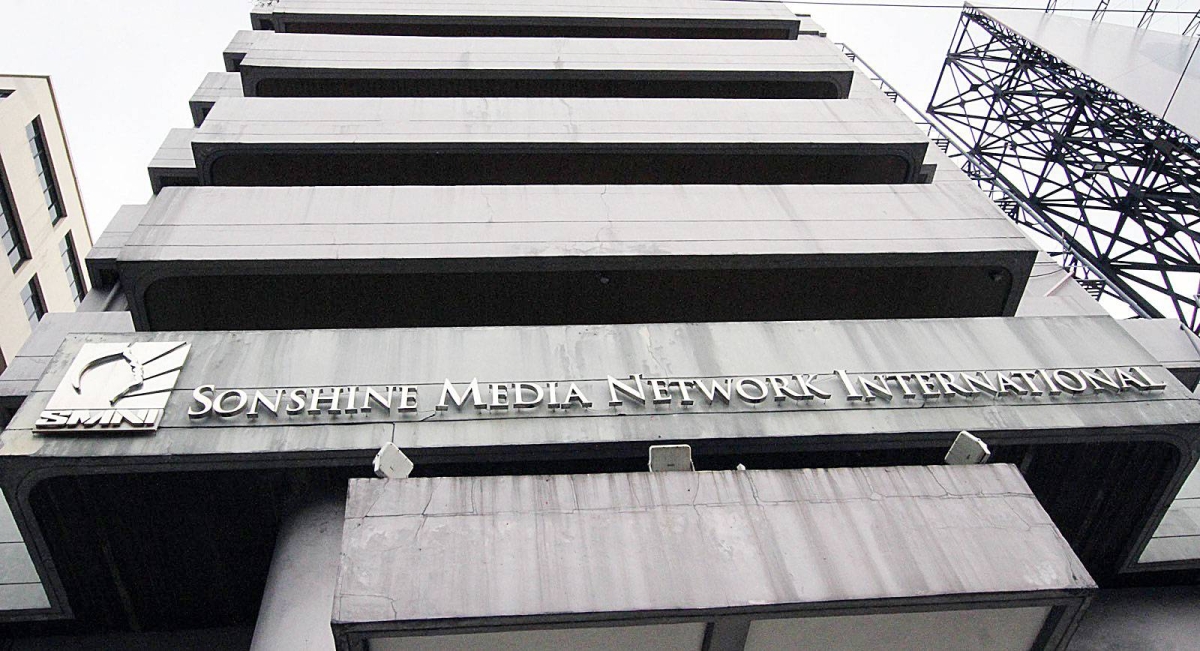The National Telecommunications Commission (NTC) has recently taken action against Sonshine Media Network International (SMNI) for its failure to comply with a suspension order issued in December. In response to reports that SMNI was still operating in certain areas in Region 7 (Central Visayas) as late as December 27, 2023, the NTC has issued another cease and desist order.
The primary objective of the NTC’s action is to safeguard the interests and welfare of the public. By temporarily preventing SMNI from operating its radio and television stations during the pendency of the case, the NTC aims to address any alleged violations of the conditions of SMNI’s authorities.
In December, the NTC initially imposed a 30-day suspension order on SMNI and requested the company to provide a written explanation as to why it should not face sanctions for potential franchise violations. However, to date, the NTC has not received any response or written explanation from SMNI regarding the alleged violations.
It is important to note that the NTC’s actions are in accordance with its mandate to regulate and supervise the operations of public utilities, including media companies. The NTC plays a crucial role in ensuring that these entities adhere to the conditions set forth in their authorities, which are designed to protect the public interest.
While the specific details of the alleged violations have not been disclosed, it is essential to understand the significance of complying with franchise conditions. Franchise violations can range from issues related to content regulation to technical aspects of broadcasting. By enforcing the suspension order and issuing a cease and desist order, the NTC is emphasizing the importance of adherence to these conditions.
It is worth mentioning that this case is not the first time SMNI has faced regulatory scrutiny. In the past, the media company has been subject to investigations and sanctions for various reasons. However, it is important to allow due process to take its course and wait for SMNI’s response to the NTC’s allegations.
The NTC’s actions against SMNI are a reminder of the regulatory framework in place to ensure accountability and compliance within the media industry. By actively monitoring and enforcing the conditions of authorities granted to media companies, the NTC aims to maintain a fair and responsible media landscape that serves the best interests of the public.
As this case unfolds, it will be interesting to see how SMNI responds to the NTC’s allegations and whether any sanctions or penalties will be imposed. The outcome of this case will not only have implications for SMNI but also for the wider media industry, as it highlights the importance of upholding the conditions of authorities granted to media entities.
In conclusion, the NTC’s issuance of a cease and desist order against Sonshine Media Network International underscores the significance of adhering to the conditions set forth in authorities granted to media companies. By taking action against alleged violations, the NTC aims to protect the public interest and maintain a responsible media landscape. As this case progresses, it will be crucial to follow developments and observe how SMNI responds to the NTC’s allegations.







